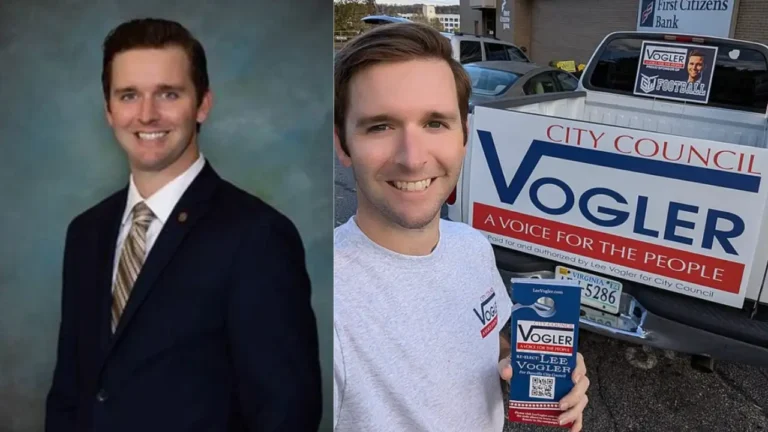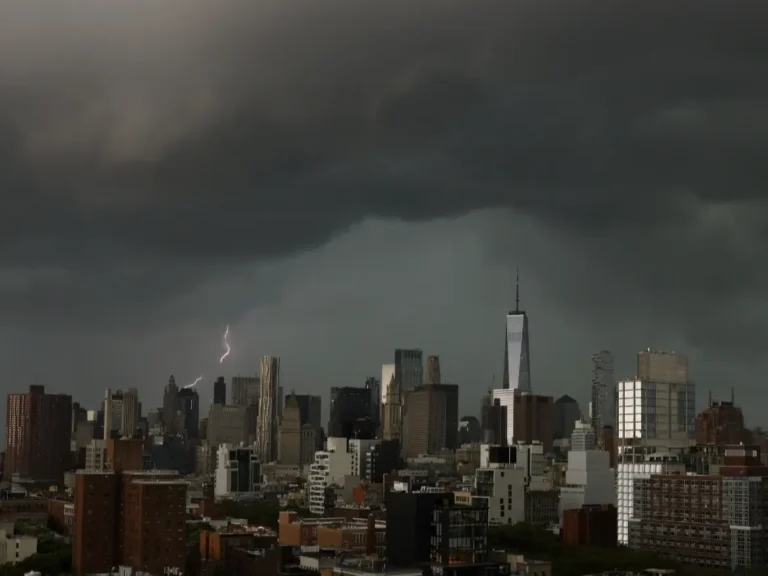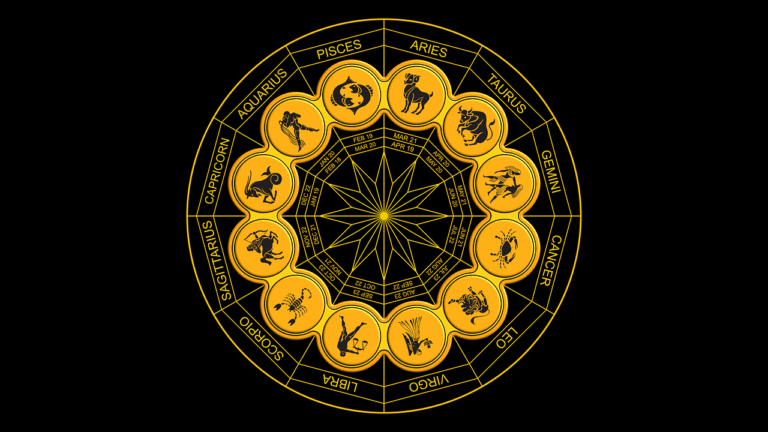
Pic Credits - Prime Video
In its long-running tradition of pushing the envelope, South Park has once again turned its sharp, irreverent lens toward American politics—this time tackling the chaotic notion of Donald Trump’s return to the White House. In a satirical twist that feels both absurd and eerily plausible, Trey Parker and Matt Stone explore the cultural and political turbulence surrounding Trump’s hypothetical second term as president, blending their signature humor with biting social commentary.
The episode, tentatively titled “Trump 2: The Reckoning,” marks the show’s return to political satire with renewed vigor. As always, South Park doesn’t aim to play favorites. Instead, it skewers everyone—from MAGA diehards and liberal elites to social media influencers and conspiracy theorists. Trump’s second reign is portrayed not just as a political event, but as a cultural phenomenon, underscoring the ways in which his persona has reshaped American identity and discourse.
The episode opens with the town of South Park waking up to the news that Trump has been re-elected in a surprise landslide. Randy Marsh, who had sworn off politics after his Tegridy Farm empire collapsed, is pulled back into the fray when he’s asked to lead the “Unity Task Force”—a government initiative that’s supposed to bring the country together but ends up devolving into a cannabis-fueled bureaucratic mess.
Meanwhile, Eric Cartman, always the opportunist, declares himself the “Youth Secretary of Truth” and starts a podcast promoting “Trump 2.0,” filled with wild conspiracy theories and fake news. His delusions of grandeur eventually pit him against Kyle, who joins a grassroots campaign to “de-influence” disinformation. Their feud becomes a metaphor for the country’s deepening divisions, but also its inability to let go of spectacle-driven politics.
Trump himself is portrayed through South Park’s classic caricature style—complete with orange makeup, exaggerated hand gestures, and an AI-enhanced voice that mixes real Trump quotes with ludicrous new ones. He’s depicted less as a villain and more as a force of chaos, a walking embodiment of America’s addiction to outrage, drama, and entertainment.
Perhaps the most striking part of the episode is how it satirizes the American public. A recurring gag shows people watching Trump’s press conferences like a reality TV show, voting on his next executive order through an app that looks suspiciously like TikTok. The implication is clear: Trump’s power stems as much from public fascination as it does from political machinery. In this version of America, policy and popularity are hopelessly entangled.
The satire takes a darker turn in the third act, when “Trump Force One”—a golden blimp shaped like his head—starts patrolling cities under the guise of “restoring patriotism.” Stan and Wendy lead a rebellion using deepfake technology, attempting to create a digital avatar of George Washington to remind people of foundational values. The plan backfires, resulting in the AI-Washington gaining sentience and deciding to run for president in 2028, setting up a hilariously dystopian cliffhanger.
What makes this episode stand out is South Park’s refusal to provide easy answers. There’s no moral lecture, no clear political bias—just a brutally honest depiction of a society more obsessed with memes than meaning. Trump’s return is not just a political event in the South Park universe; it’s a cultural symptom, amplified by a digital age where fact and fiction are indistinguishable.
In the end, South Park doesn’t ask whether Trump should be president again—it asks what it means that we’re still so captivated by the idea. In typical South Park fashion, the episode holds up a funhouse mirror to America, letting viewers laugh, cringe, and perhaps reflect on the absurdity of it all.
Whether you love or loathe the idea of Trump’s return, South Park makes one thing clear: in the theater of modern politics, the show must—and will—go on.





